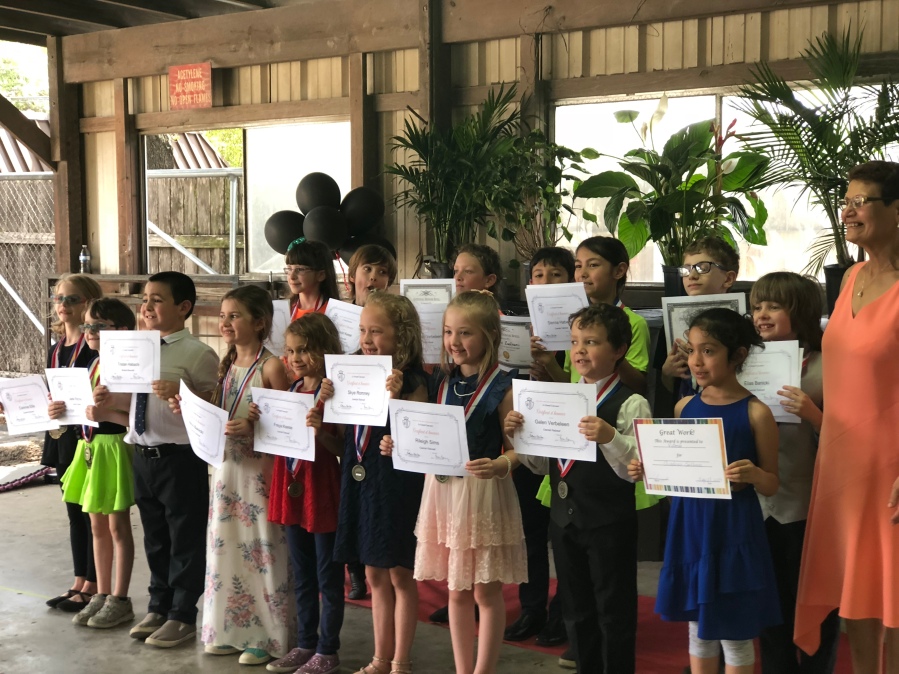
Chances are parents, who are interested in enrolling their child in a French program, research French immersion before enrolling their child in a French school. But often, this is not the case. Parents are attracted to the idea of having a child speaking a second language for the obvious reasons, but do not find out about their child’s French education until after a couple of years within the program. One to three years later, parents’ perspective seems more informed about French education.
If you are thinking of enrolling your child in French immersion, here is a personal opinion of what you should know:
1. You’re Going To Have To Brush Up On YOUR French:
Yes, it is true that we do tell you to leave the French to us. But, the reality is that you will be, at certain point, Google translating your child’s homework, whether or not your child needs help. The reality: if you are cruising on early high school French, you may find yourself lost in translation.
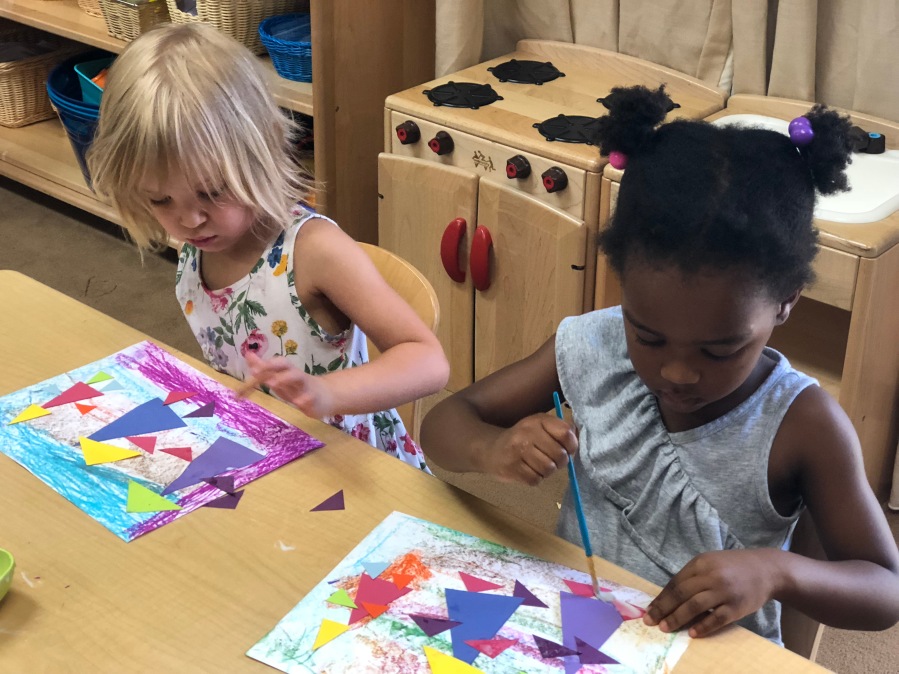
2. Your Kid May Speak Frenglish at First:
Totally normal. You will hear your preschooler playing with his/her toys “speaking English in a French way”. The next step is to speak one or two words in French in an English sentence or vice versa. “I need to go to the toilettes” or “I want to jouer outside”. Lots of kids go through these same language learning stages.
Mixing or moving between languages is totally normal for bilingual children or children learning a second language. It’s a natural feature as the process takes time. Research has shown that the languages are not really separate but inter-dependent because they share underlying cognitive processes of attention and memory and are stored as one system. Other researchers argue that when both languages are acquired simultaneously, they’re quite separate although they do interact. There are still lots of unanswered questions about how languages are stored and used in the brain.
3. Your Kid May Not Spell Well in English At First:
When a child is learning a second language, you’ll have to accept that spelling in English will lag at first. Don’t worry, they’ll catch up. Early studies carried out in immersion programs, where English may not be introduced right away, show evidence of a temporary lag in specific English language skills such as spelling, capitalization, punctuation, word knowledge, and word discrimination. That said, these studies also find that within a year or two after instruction in English language arts begins, the lag disappears. There were no long-term negative repercussions to English language or literacy development. In fact, some studies have shown that students of immersion programs, grade 4 to 8, tested the same as or well above peers, in English, with similar demographic profiles, participating in non-immersion programs.
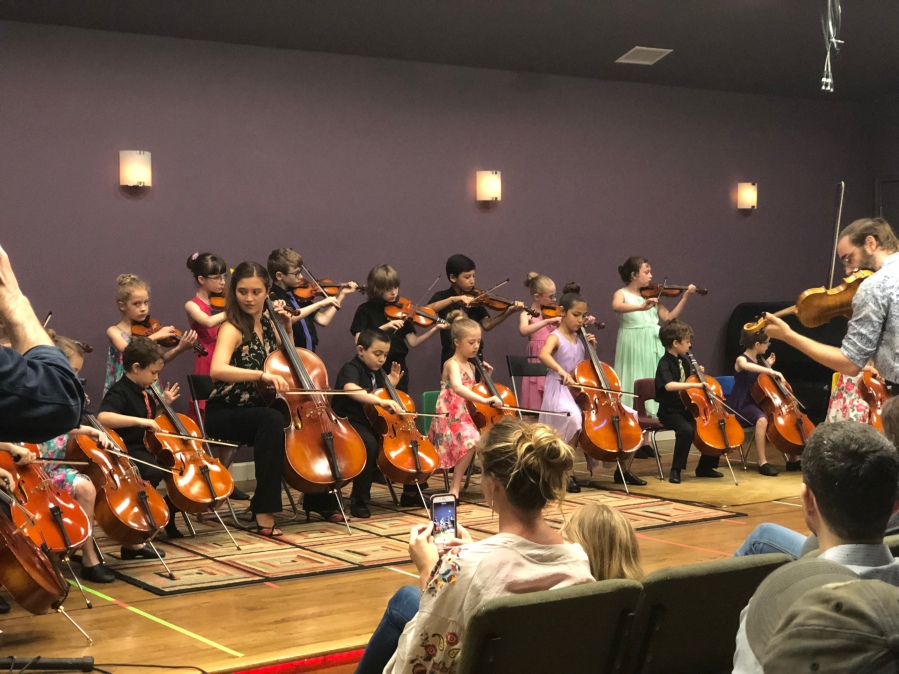
4. Your Child Will Write Beautiful French Cursive Handwriting:
One of the first things you will notice when your child enters elementary grades in a French school, or even starting kindergarten, is his or her handwriting. You will be impressed how neat and sophisticated his/her handwriting is. The style and the detail that is put into every word and how careful the children are with their handwriting is impressive for a five or a six years old.

5. It is Not For Every Child:
Each year, we have examples where a French program may not be a good fit for some children. While having a learning disability does not mean French immersion is not a good fit, it does add an extra layer of difficulty, depending on when the child started immersion in the program, and the type of learning disability. Another aspect to keep in mind is the parent’s educational philosophy, and whether or not it matches the French school philosophy of education. A gap in this area, between home and school, regardless of being in a French school or not, will oppose both philosophies, and considerably slow your child’s success in the program.
6. Your Child Will Have Indeed A Beautiful Accent:
Learning a language at an early age makes for a lovely accent. We are privileged to experience this, every day. We never grow tired of hearing our students speak French. Their ability to converse easily is one of the best things about our program.
7. Your Child Will Have A Deeper Appreciation Of Languages & Cultures:
Our favorite daily school life is to hear the students asking “How do you say this in French or in English?” or “Do kids in France do this or that?”. They have thoughts and ideas they can express in both languages, if not even in three languages, depending on the child’s third language track program at Ecole Jean-Jacques Rousseau, or on the third language spoken at home. Having an intimate knowledge of French or of a third language is a gift that will enrich their entire lives.
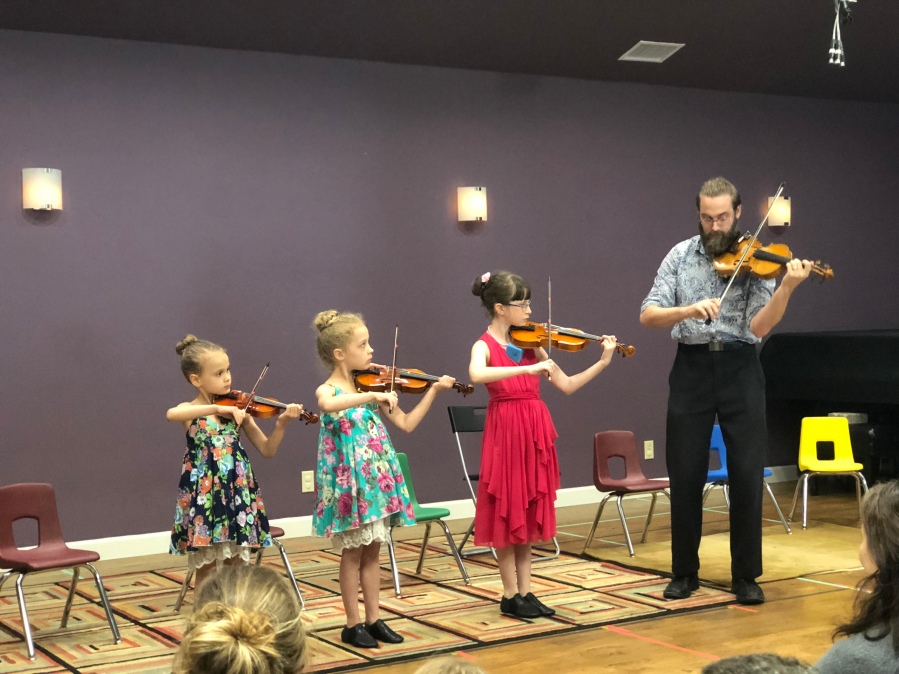
8. Your Child Will Have Homework:
While French schools and educators around the world are re-evaluating the load of homework to be given to their students, most of French school students WILL have homework. A true French school, by definition, is a preparatory program, producing academically advanced students. Therefore, a certain level of homework and independent work should be expected. Another thing to be aware of is, until your child, is in Grade 2 or 3, YOUR monitoring is required. This does not mean that you have to know French, but that you have to monitor your child’s homework, follow its completion and provide him/her with the opportunity of a quiet environment/place throughout the week to complete their work, assignment or reading.
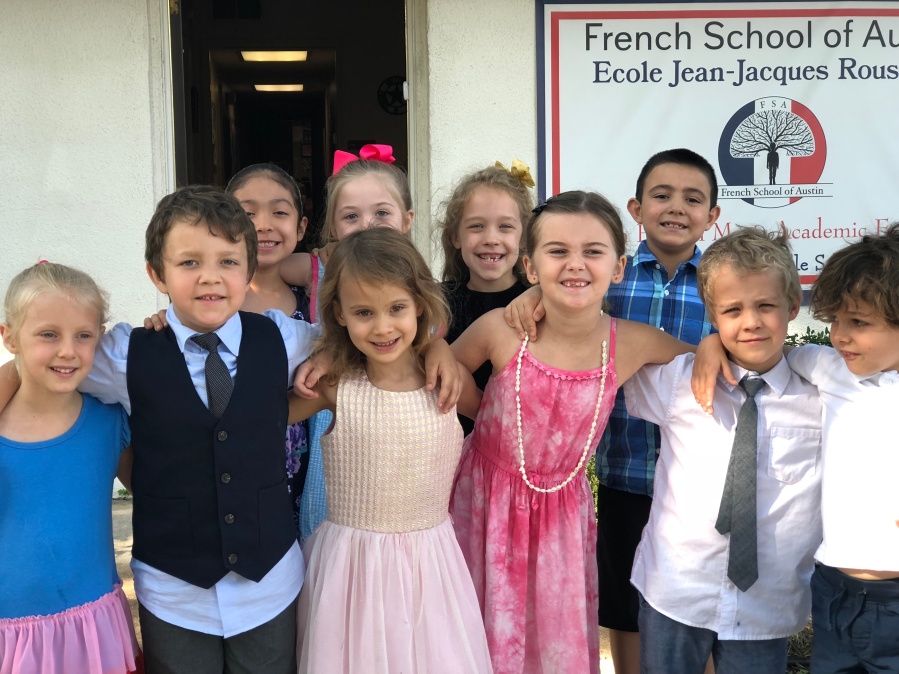
9. Your Child Will Become Bilingual – Well Sort Of
The reality is that NOT all French programs are made equal. Depending on the type of the French program you enroll your child in, the results and the degree of bilingualism and multiculturalism are going to be different. Having attended myself different French schools abroad, and taught in and visited several ones in the United States, I can tell you, for sure, that there are major differences in this aspect of your child’s French immersion education. A charter or a public one-way or two-ways French program or a French program integrated within an international school, a Montessori French program, or a partial immersion program are not going to be the same, from the language, literacy, culture and academic aspect. Effectiveness of bilingual education models is another subject to tackle to better understand these differences.
We are, often, asked by parents why their children do not speak French, while they have been immersed at home or in other French programs for years. They are confused on why their children grasped French, so quickly, at our school, while they have not in other programs. They are, also, astounded by the literacy and the academic level of the school, both in French and English. While we can explain this as a combination of factors such as the small environment, the educational philosophy of the school, the music and arts program, the training provided to the staff, the school accountability system to name a few, it is important to understand that the main difference in French programs are:
(1) they may not be teaching the French Ministry of Education curriculum and (2) they may have implemented this French Ministry of Education curriculum with too many variances.
When parents hear ‘French program’, they all assume that their child will be ‘bilingual’. Unfortunately, this is not true. We have vivid evidences over the years that the type of immersion program the child is enrolled in, plays a pivotal role in the acquisition of the language and in the child’s degree of bilingualism and multiculturalism. Not to mention the academia the French programs are renowned for.
10. Your Child Will Correct Your French Or Won’t Speak French at Home:
We have noticed, over the years, that some of the children immersed in French, may correct their non-French speaking parent in their attempt to speak French with their children, and that surprisingly, within few months from attending a French school. The children seem to develop the ability to pick up on accents, very early on, and decide on their own what is supposed to be considered as “correct” French. Believe me, they are not taught this at school, they just seem to develop this ability to discern accents, and pretty quickly.
Another interesting aspect of their learning is that some of them won’t speak French at home, no matter how insisting and pleading the parents can be, hoping that their child will speak French to them. They are compartmentalizing their French learning, keeping it exclusively for school, and that for few years in their French education. Sometimes, in less time, if there is a French speaking parent at home. Some of the non-French speaking parents hear their children speak French in the community until few years later. Be patient, you will, eventually, hear your child speak French.
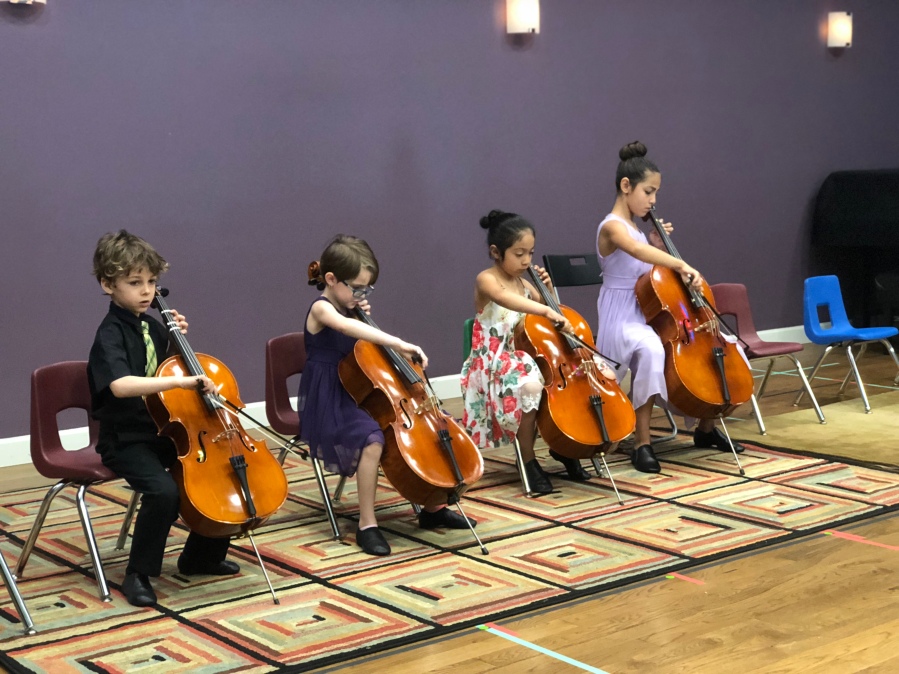
11. Your Child May Transfer To Honor Programs, IB or Prep High Schools:
Alumni of French schools, whom began in pre-elementary and continued through 7th or 8th grade, have shown exemplary academic success in high school, college and graduate school. Alumni of French schools have been successful in competitive high school programs. They earn International Baccalaureate diplomas or high scores in college level Advanced Placement courses. They have the option to graduate from prestigious universities or participate in the honor programs in the local university system. They are, usually, ahead of their peers in different subjects including geometry, geography, history, mathematics etc…
French School students have a special connection, and many of them continue to stay in contact through high school, college and beyond. In fact, as a school, we are still receiving post cards and news from our alumni and past students, and some of them are in college now.
12. Not All Benefits Will Be Immediate:
The long-term outcomes of immersion won’t be realized for years to come: greater career opportunities, enhanced brain development, ability to learn other languages, stronger academic outcomes years later…
At the end, there are cumulative evidence out there to allow parents to make informed decisions about their child’s bilingual education, and whether or not a French school or a French program is the best fit for their child.
You must be logged in to post a comment.